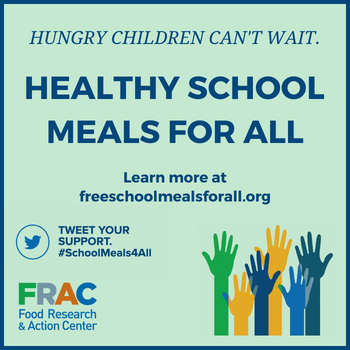
The Summer Electronic Benefit Transfer Program (Summer EBT) is entering its third year, and the window for states to opt in for 2026 has closed.
Thirty-eight states, Washington D.C., five Indian Tribal Organizations, and all five U.S. territories submitted a notice of intent by the January 1 deadline and are poised to implement Summer EBT this year. This includes Iowa, which will be operating Summer EBT for the first time.
Q&A With Economist and Bestselling Author, Daniel Altman
The federal budget reconciliation law (H.R. 1 /OBBBA) represents the most significant rollback of the Supplemental Nutrition Assistance Program (SNAP) in history. While Congress passed this law at the federal level, its most significant effects will be experienced in cities and towns.
